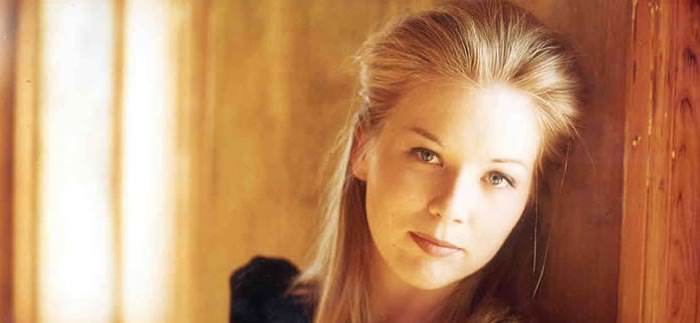Comparison Recordings:
Granados: Escenas Romanticas, Alicia
De Larrocha RCA BMG 82876 53351 2
Granados: Allegro de Concierto, Alicia
De Larrocha Decca 410 288-2
Scarlatti: Keyboard Sonatas. Clara Haskil
Philips "GPOC" 464 018-2
This disk could be
subtitled "Granados meets Liszt
in 1884." Pianist Weyand makes
the music small, emphasises its introspection,
its "salon" character and
romantic sentiment, dare we say religious
sentimentality (track 1). One might
not have imagined that this was possible,
but here it is. And the music responds
to this treatment by revealing delicious
and previously hidden resources, as
great music would be expected to do.
Granados was in his teens when Liszt
was writing his late music and it is
not inconceivable that at one time in
his life he felt an identification with
the older composer. Musicologists have
been systematically underestimating
Liszt and his influence of for 130 years.
But in his later years, Granados consciously
tried to imitate Schumann whom he had
always admired greatly.
In this comparison,
De Larrocha (who has catalogued and
published Granados’ complete works with
her own "DLR" numbers) makes
Granados bright, extroverted, colourful,
propulsive, more reminiscent of Schumann,
whom he admired and consciously imitated.
De Larrocha plays with deep poetry but
always keeps the music moving forward
and is never far from the feeling of
dancing; all this playing the same notes.
This must be more what Granados — at
least the older Granados — had in mind
as De Larrocha was his pupil. And all
of this all the better the longer she
plays it, her more recent recordings
being in general better than her earlier
versions.
Pianist Weyand is from
Freiburg, Germany, but has studied in,
and currently teaches in, Madrid. De
Larrocha is from Barcelona and studied
with Granados there. Those of us who
have been sensitised by the growing
Catalonian nationality movement (Pablo
Casals speaking before the United Nations
declared that "Catalonia is the
greatest nation in the world!")
know there is no love between Madrid
and Barcelona, and Iberian musicians
can be counted on to divide themselves
into the De Larrocha and Weyand schools
with the space between uninhabited and
uninhabitable.
In Granados’s publication
Ventiseis Sonatas Inéditas,
supposedly based on an old manuscript,
now "lost(?)," of keyboard
sonatas by Domenico Scarlatti, only
two, numbers ten and thirteen, are not
known from other sources. Hence Ralph
Kirkpatrick does not consider those
two to be authenticated and did not
assign them numbers in his catalogue.
They may not be by Scarlatti, may even
be by Granados himself, since a number
of composers of that period tended to
pass off their own works as "discoveries"
of works by older composers. Pianist
Weyand avoids controversy by playing
three of the authenticated works in
Granados’s free transcriptions, but
I wish she’d played the unauthenticated
ones for curiosity’s sake.
And, as with the Granados,
Weyand plays the Scarlatti the way Liszt
would have played it, certainly immune
from late 20th century attempts at authentic
eighteenth century style, as brilliantly
accomplished by, among others, Clara
Haskil. Yet Weyand’s piano tone is clear
and bell-like (track 10), never slurred
or smeared out like, for instance, Pletnev.
Weyand plays the Allegro
de Concierto with a great deal more
pedal and rubato than De Larrocha and
manages to make it resemble a hypothetical
finale to Liszt’s Années de
Pélèrinage.
Granados is a generally
unknown composer. While his piano works
are now becoming familiar (especially
the Valse Poético #2,
track 12), mostly due to Alicia De Larrocha,
his many orchestral and operatic works
are much less often heard, his tone
poem Dante having just been recorded
for the first time.
Paul Shoemaker


